A Los Angeles City College student journalist’s conflict with her school’s athletics director has raised First Amendment concerns and she has informed a district Title IX representative, also alleging gender-based discrimination.
Beatrice Alcala, a photojournalist and one of the editors of the Collegian, the school newspaper, said the conflict with professor Robert McKinley started in early September.
“One day, when I first started covering soccer, I was in the dressing room with the guys, trying to interview, taking some footage, and he kicked me out,” she said. She said that McKinley explained that due to privacy issues, women are not allowed to shoot footage in men’s locker rooms, and vice versa.
But she said she didn’t feel that was right and learned of a Sept. 25, 1978 federal judge’s ruling that the New York Yankees effectively couldn’t ban female reporters from its locker rooms: That’s “on the grounds that it gave an unfair advantage to their male peers and violated the Equal Protection Clause of the 14th Amendment,” according to a Huffington Post story about the case.
Alcala said what happened next — on Sept. 17 — surprised her.
“I was sitting with the girls on the bench getting ready for their match and he came” over, she said.
“Athletic Director Rob McKinley approached me and said to me that I couldn’t be there because I was spreading COVID, and that we are in a pandemic,” Alcala wrote in an email to a Title IX representative at the Los Angeles Community College District. “I am fully vaccinated, and I have a weekly COVID test report done at Citrus College. It is always negative. I asked myself, ‘How could I spread COVID while I am negative and masked?’ Mr. McKinley never said anything to the other photographers of my team, Christian Chavez and Louis White.”
She said she moved from the area without questioning it at the time but later, in the email to the Title IX representative, she noted that it was “humiliating”: “I do not think Mr. McKinley should be treating me differently than the male staff members or ordering me out of a public place at our college.”
At the time, Alcala said she consulted professor Rhonda Guess, who tried to help.
In a phone interview with UT Community News, Guess expressed outrage over how Alcala was treated. According to her, McKinley allowed a male student to photograph and report the story instead after kicking Alcala out.
Guess recalled Alcala calling her and saying that “a man had come up to her and told her that she shouldn’t be there.”
“She was on the sidelines. She was reporting, you know, she’s doing her work, and she said the man told her she shouldn’t be there because she was spreading COVID and didn’t she know it was a pandemic,” Guess added.
Alcala said she tried to cover another game but continued to be hassled.
When Alcala told her, Guess said she told the student to come back to the newsroom. LACC newspapers were freshly printed and waiting to be distributed at the docks of the school. Guess said she and another photographer were passing the papers out to fans in the stands. The coach then pulled Guess away to speak about Alcala.
“He said, ‘I don’t want her around here’…He said, ‘I don’t like her,’” said Guess, noting that Alcala was with her. “He was like, ‘Why did you have to cover that the sign on the field does not work? Why did you put a picture of the scoreboard in the newspaper? And why did you publish the picture of the student from Glendale College who got hurt on the field? Why did you publish that?’”
Guess stood there, looked at him and simply said: “Because it happened.”
She said she explained that not everything that gets published in a newspaper is positive.
“‘You know, do you like everything you read in the L.A. Times?’” Guess recalled asking him. “You know, this is how they have to learn. Do you ever watch post games for the Lakers? They have reporters there after the game, and he said, ‘Then, let them go work for the Lakers.’”
Guess said the conversation then turned to what could be a gender issue.
“I said, ‘You know, this student has a right to be on the field, so what’s wrong with her?’…Then, he pointed to another photographer who was allowed to be on the field. A man, Louis White.”
“‘Why can’t your other reporters be more like Louis?’” Guess recalled the coach asking. “I thought, ‘The reason they can’t be is because they’re women and he’s a man’ — that’s the first thing.”
Experts say that allowing a group to “cherry-pick” a reporter can lead to conflicts of interest and could diminish the freedom and independence of the press.
As of early December, Alcala said that she is still not allowed on the field to report. Despite emails, Los Angeles City College and McKinley could not be reached for comment.
However, Alcala forwarded an email reply from Genece Sarcedo-Magruder, the dean and regional equity & Title IX officer of the Los Angeles Community College District. In the message, Sarcedo-Magruder said the information Alcala provided will be reviewed to see if it falls under her office’s scope and offered resources in the interim.

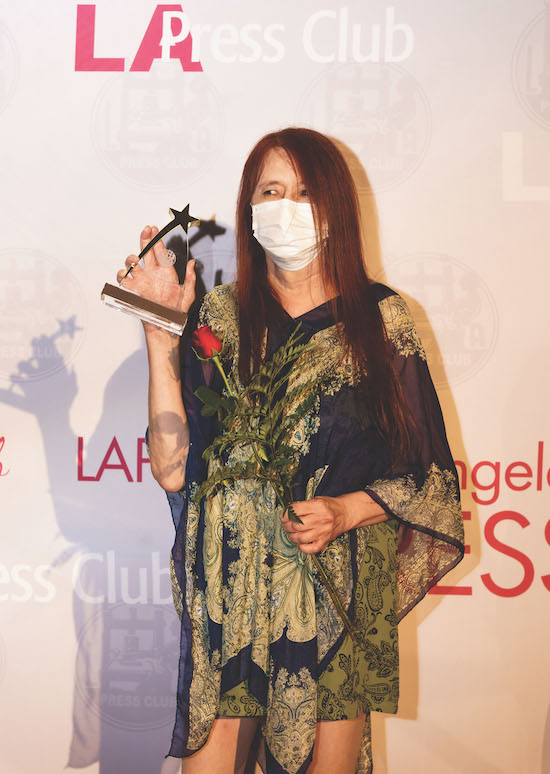






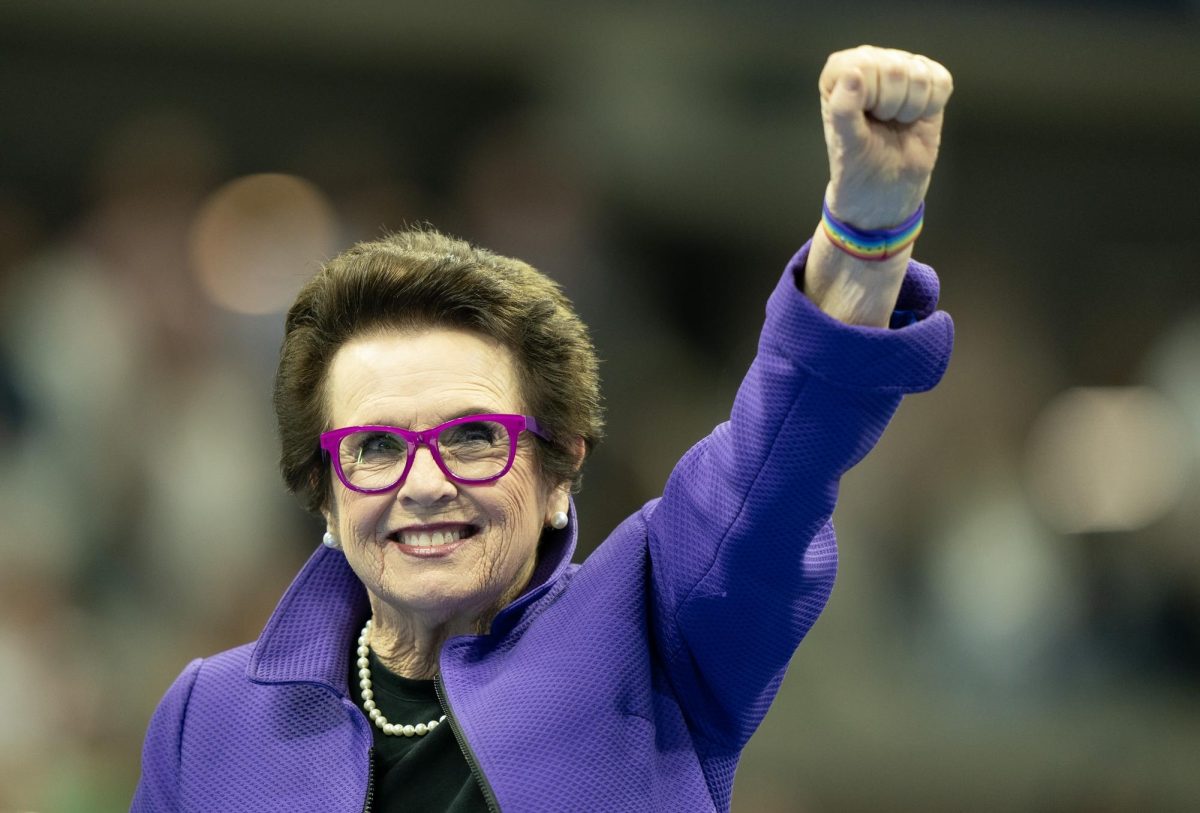
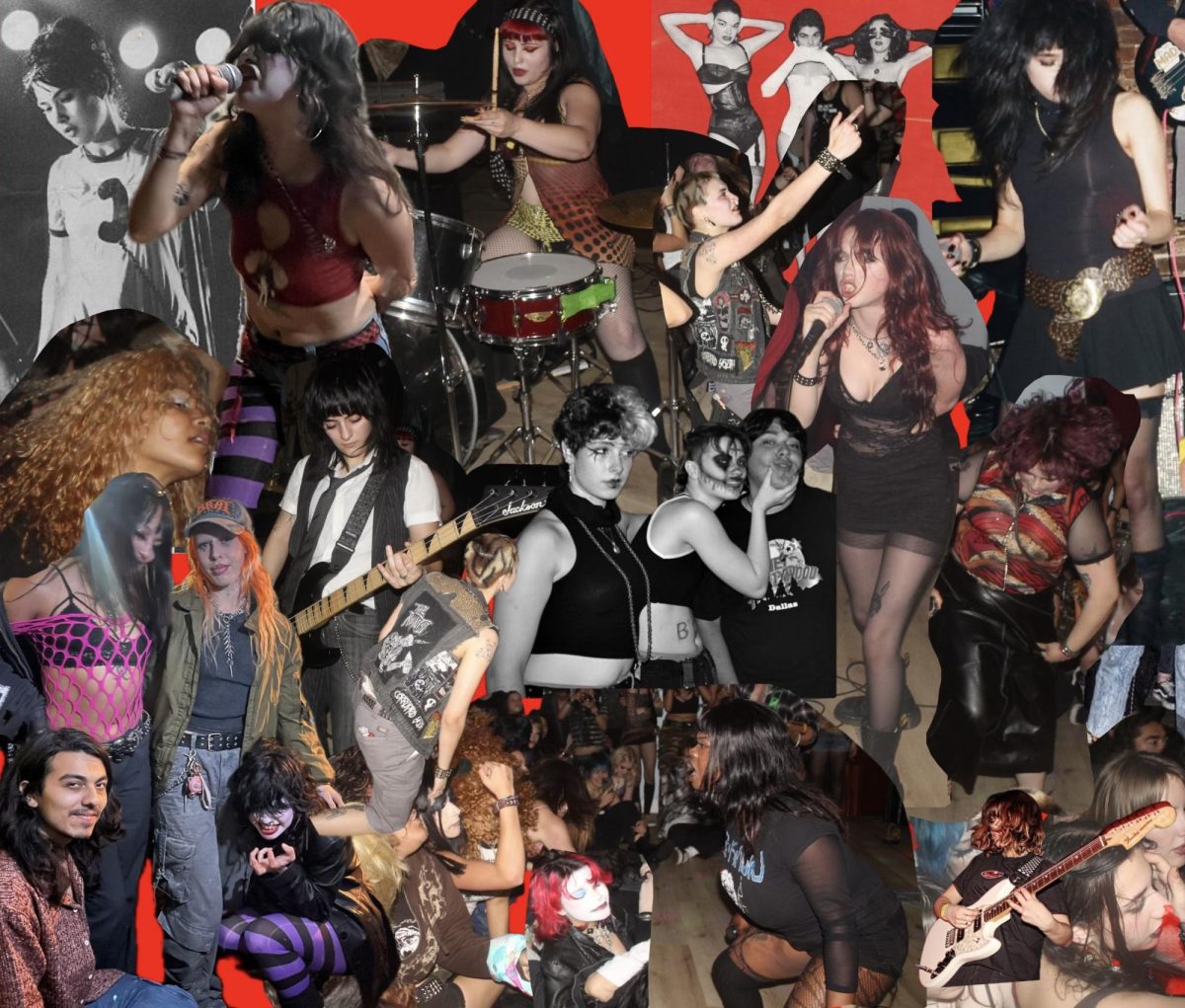

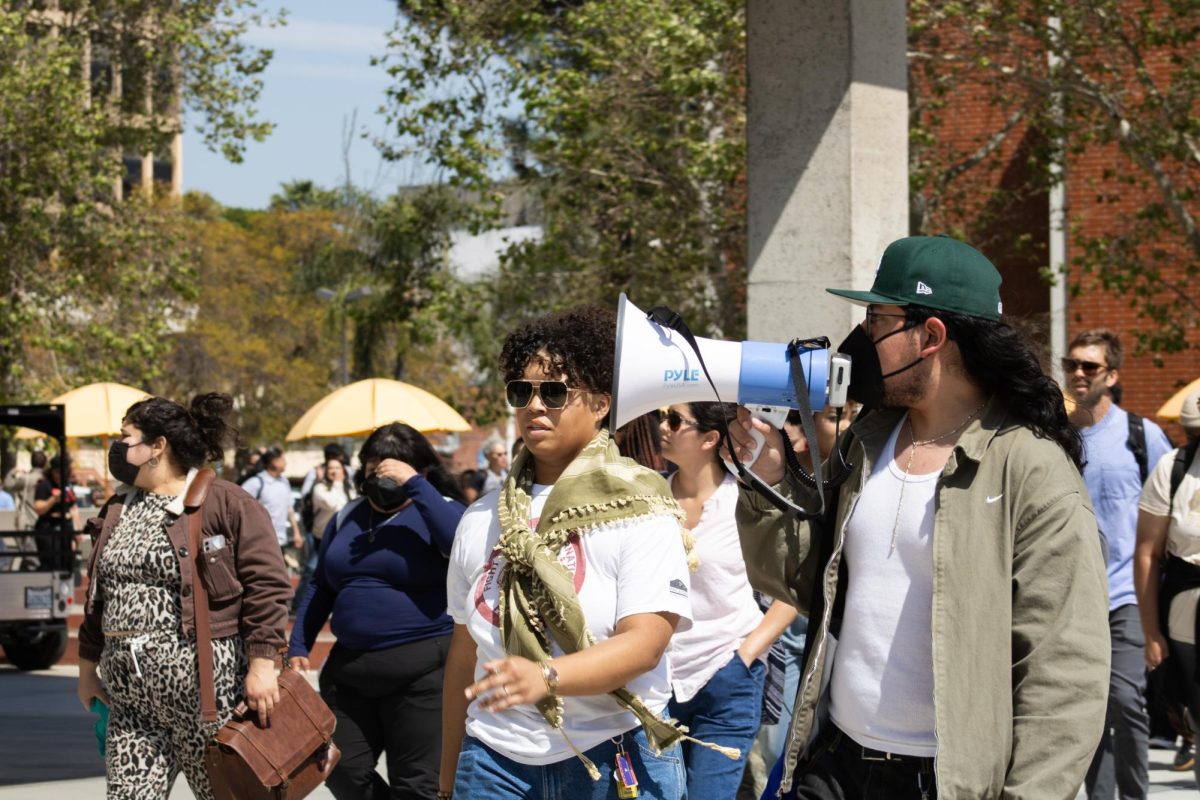
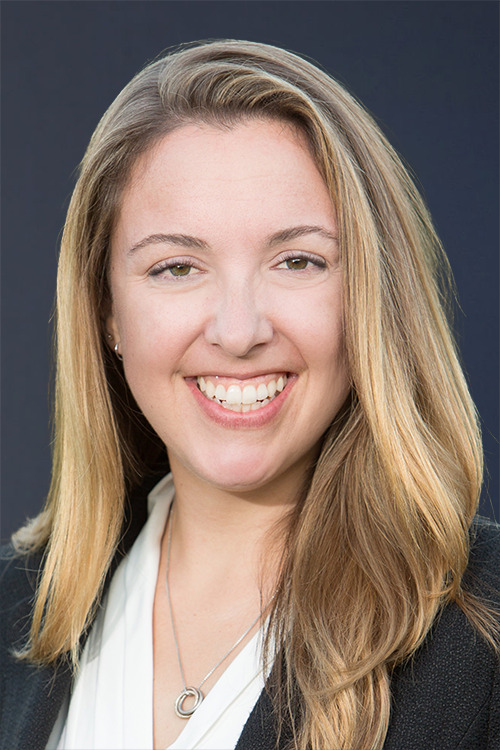
David • Jun 11, 2022 at 11:15 pm
To be honest I agree with Beatrice about the part that not everything you see in the news will be to your liking. That’s why it’s called news. But where I disagree in with the idea of women in men’s changing room under the name of news. It’s called sexism when women are denied entry to men’s room. But creepy until you have some dude claiming the same trying to access women’s rooms.